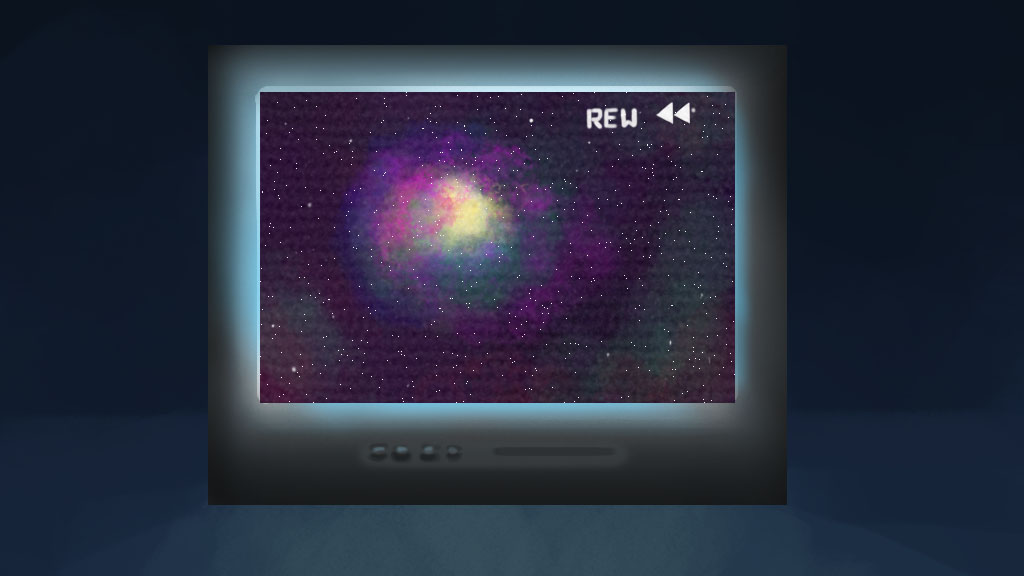Anti-Semitism Appears on UCLA Campus
Rachel Beyda was awaiting confirmation of her nomination to the University of California, Los Angeles (UCLA) Undergraduate Student Association Council (USAC) Judicial Board when she was asked a question. "Given that you are Jewish student and very active in the Jewish community, how do you see yourself being able to maintain an unbiased view?" asked Fabienne Roth, a member of the USAC. After 40 minutes of debate over whether Beyda's faith should affect their decision, the council decided against her appointment. However, after criticism from their faculty adviser, they unanimously voted to put her on the board. The four USAC members that originally voted against Beyda issued an apology to the Jewish community in their school newspaper, the Daily Bruin.
The entire debate was filmed and put on YouTube, sparking a conversation about anti-Semitic sentiments in America. The video was taken down from the YouTube channel after The New York Times reported on the situation. However, the USAC voted 8-1-3 to make the video public again. On March 10, the council passed a resolution, which was drafted by the USAC president and the UCLA chapter of Hillel, condemning anti-Semitism and requiring that all council members go through diversity training.
Astrophysicists have spotted a supernova explosion through pictures taken by the Hubble Space Telescope. They then noticed three more images of the same supernova. What they are observing is a phenomenon of Einsteinian optics known as gravitational lensing. Not only does gravity affect matter, but it can also bend light. Four distinct images of the supernova can be seen surrounding a large galaxy, which is causing this effect.
This discovery has huge implications for astrophysics. Not only can the same supernova be studied at different points in its evolution, but a lot of other data can be gathered as well. The supernova is predicted to appear again in 10-20 years. By measuring how long it takes to appear, astrophysicists will be able to get better measurements on how fast the universe is expanding and gather more data about the dark matter composition of galaxies.
Without the galaxy to bend the light, we likely would not have been able to see the supernova at all. Instead, astrophysicists are using space itself as a telescope.
Botched Plane Landing Almost Ends in Disaster
LaGuardia Airport's runway has always been tricky for pilots to land on. It is a short runway that ends off of a pier in New York's Flushing Bay. On March 5, Delta Airlines passengers nearly took an icy plunge as the plane veered off the runway. The conditions were less than ideal that day, with snow and icy fog. Passengers recount feeling the plane lose control almost immediately after it hit the ground. "The wheels felt like they just didn't take, and we were going so fast," recalled Jared Faellaci, who, like many passengers, took to social media after narrowly escaping danger.
There were 127 passengers and five crew members on board, all of whom escaped without serious injury. The plane was not as lucky, suffering damage to both wings, the nose and the tail. The runway had been cleared just minutes before touchdown, claimed the Port Authorities. Other pilots reported good braking on the runway. However, with conditions like those that morning, ice can form very quickly. The runway that was not involved in the accident was reopened a few hours later, and the other reopened the next morning.








